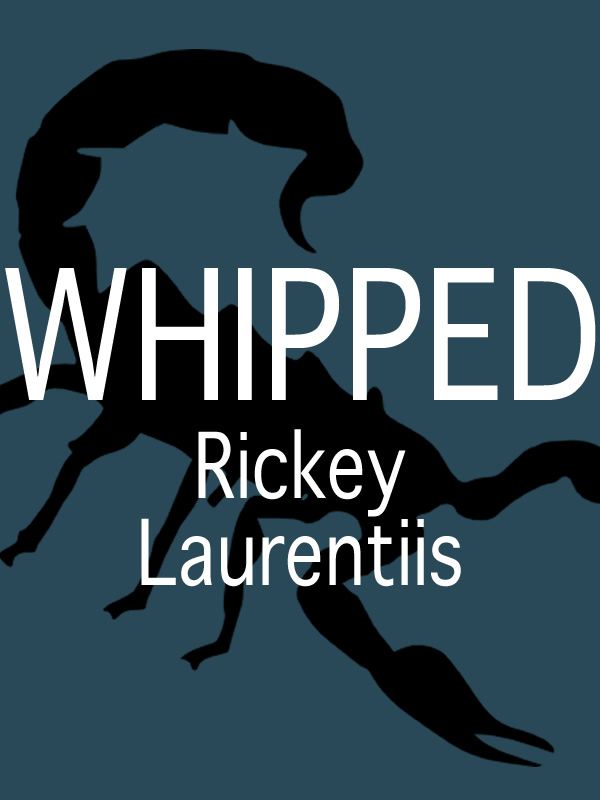
AFTER THE PAINTING BY GEORGIA O'KEEFE
My thanks to the editors of the following journals and periodicals where some of these poems have appeared (sometimes in different form): “Black Iris” in Vinyl, “Carnal Knowledge” in Muzzle Magazine, “Faggot” in Knockout Literary Magazine, “Ghazal for the Centaur” in Sarah Lawrence Review, “King of Shade, King of Scorpions” in Maggy, “Stung” in Feminist Studies, and “Take it Easy” in The Feminist Wire.
Rickey Laurentiis was born in New Orleans, Louisiana. He is the recipient of fellowships from the Cave Canem Foundation, the Civitella Ranieri Foundation in Italy, the National Endowment for the Arts, the Ruth Lilly Fellowship from the Poetry Foundation, and a Chancellor’s Fellowship from Washington University in St Louis, where he is completing his MFA. His poetry has appeared or is forthcoming in several journals, including Alaska Quarterly Review, Boston Review, Callaloo, Feminist Studies, Indiana Review, jubilat, Oxford American, and Poetry.